MS-ESS3-2
Analyze and interpret data on natural hazards to forecast future catastrophic events and inform the development of technologies to mitigate their effects.
-
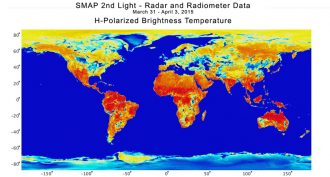 Climate
ClimatePredicting a wildfire with data from space
When the West gets dry it can catch fire. A teen decided to find out if satellite data might show where a fire’s fuel might reside.
-
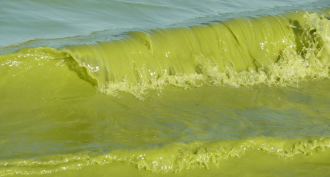 Tech
TechWater sensor quickly detects algal poison
A new sensor can detect poisons from harmful algae within minutes so that drinking-water plants can start timely treatments.
-
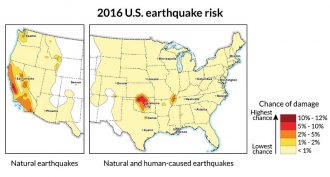 Earth
EarthQuake risk in some central states rivals California’s
Risks of tremors in some central U.S. states are as high as those in quake-prone California. The reason: waste fluids from oil and gas drilling.
-
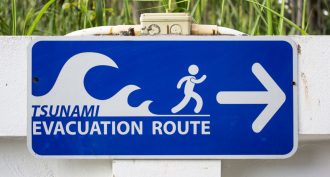 Oceans
OceansExplainer: What is a tsunami?
Earthquakes and landslides can create huge waves that travel across oceans.
-
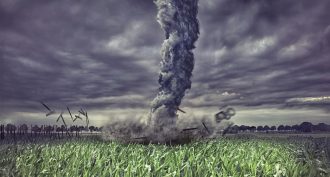 Climate
ClimateDistant pollution may intensify U.S. twisters
A new study of one of the deadliest U.S. outbreaks of tornadoes sees a possible role for smoke. In this analysis, the smoke had come from fires burning in Central America.
-
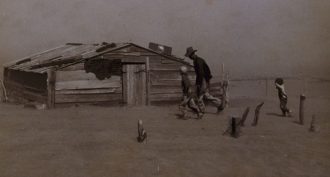 Climate
ClimateThe worst drought in 1,000 years
The 1934 drought, during a period in American history known as the Dust Bowl, was the worst in a millennium, a new study finds. While the drought had natural origins, human activities made it worse.
By Beth Geiger -
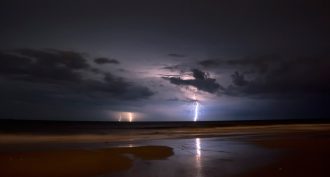 Climate
ClimateLightning strikes will surge with climate change
Warming temperatures will lead to 50 percent more lightning strikes across the 48 U.S. states in the next century, researchers report. That increase could lead to more warming, more fires and even more deaths.
-
 Climate
ClimateWhere will lightning strike?
When lightning strikes, the results can be deadly. But nature’s dazzling light show also can provide scientists with insights into when and where the next thunderbolt might strike.
-
 Earth
EarthQuake leaves destruction, fear
In Japan, an earthquake started a tsunami that caused a nuclear disaster.
-
 Animals
AnimalsA Sense of Danger
Can animals warn us if an earthquake or some other natural disaster is about to strike?
By Emily Sohn -
 Earth
EarthDistant quake changes geyser eruptions
An Alaskan earthquake changed the timing of geysers thousands of miles away.
By Emily Sohn